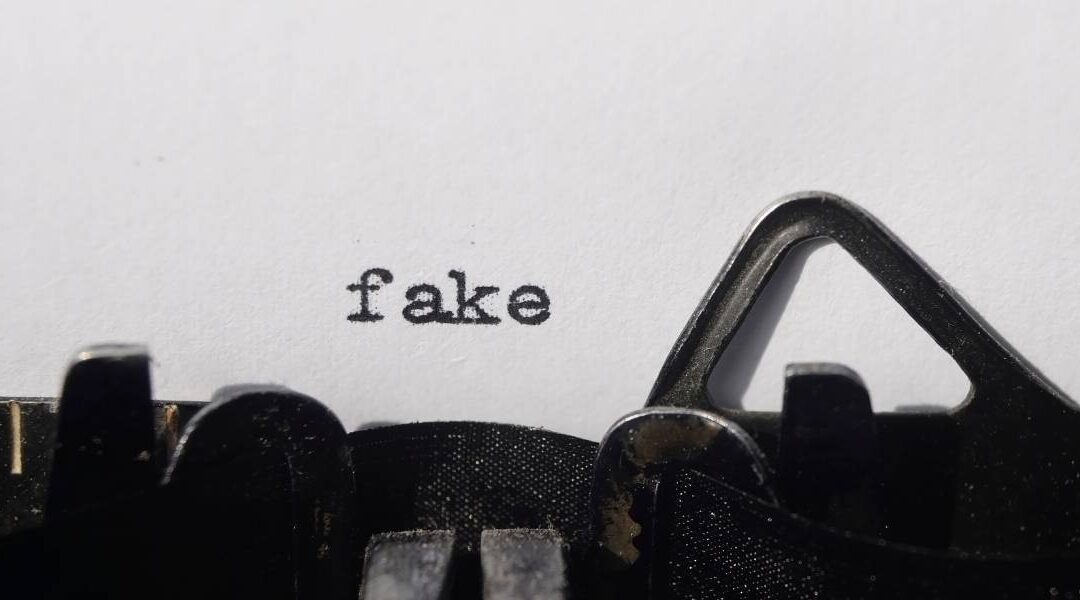How to Identify Fake Job Offers
Hunting for a new job can be tough enough, without the threat of fake job offers– which are often designed to take advantage of you and get your personal information. With fraud on the rise, it is more important now than ever that you educate yourself on how to identify and avoid false offers.
Read on to learn more about some of the warning signs that you can keep an eye out for in your job search.
Warning Signs
These sorts of scams target those who are looking for a job, and may therefore be at a low point or desperate for a position. However, if you receive an offer that seems too good to be true, it is likely not going to be your golden ticket. Rather, it probably is a fake job offer.
When you are looking at job listings or interviewing for these jobs, you will still need to use your critical thinking skills to ensure that you are not handing out your information to those who would use it dishonestly.
Below are some of the key signs of a fake job posting or offer that you should be aware of.
You Did Not Apply
This one should be a no brainer, but people have been tricked before by a surprise offer, if it sounds like a great job or is offering an appealing amount of money. Of course, there are certain instances– especially in particular industries– where recruiters or headhunters may contact you to get you to fill a position, even if you have not applied to the job itself.
If you have not applied to a job and you receive an offer, you should be extra wary and proceed with caution. Reputable recruiters like About Staffing will always conduct an interview before extending a job offer. Be sure to do your research on the employer or recruiter to determine whether or not this is a legitimate offer. Depending on what you find out, you may decide to go through with it–you will just want to be sure that you determine that it is a real company or legitimate agency, and that you are being contacted by a representative, rather than an imposter who is trying to dupe you.
Unusually High Pay
Again, if it sounds too good to be true, it probably is. Trust your instincts. Research will come in handy here, too. If the salary or hourly wage seems much higher than you expected, you can easily research the typical going rates for similar positions in your industry. If you have been in this industry or in similar positions, you will probably already be aware of this information to some degree, and this prior knowledge will serve you well.
Job listings that boast such high rates are designed to entice you to accept them, rather than other offers that are actually for real jobs. In addition, the promise of this kind of pay may help you to overlook any other potential red flags.
Fees
Fees are another big warning sign. If an employer or recruitment agency is trying to get you to pay a fee to apply, this is a scam. It is illegal to do so. They may even make it seem like a reasonable request, but do not be fooled.
You should not give out your credit card information or agree to pay for anything, whether it be for training, new software, or to complete your application or onboarding in some way. If you run into this situation, do not accept the position and continue your search! While it may come as a disappointment, it is better than what could happen if you do hand over this sensitive information.
Requests for Personal Information
Just like we discussed above with requests for payments– which may involve handing over your credit card or bank details–, if a job requires any sort of sensitive personal information, you should be wary. Yes, an employer may need your bank details to set up a direct deposit once you are hired. This is why it is important to use your critical thinking and be discerning.
Once you are officially hired—and you have hopefully vetted the company, too, on your end—then it is okay to give out certain personal details as required during the onboarding process. Information such as your social security number or bank information, for instance, should never be offered up until you are officially hired though.

Typos and Grammatical Errors
If a job listing or any further communication between you and the company is full of typos, this is not a good sign. After all, you would think that the company would have a professional handling their listings, right? If it seems amateur or the phrasing sounds like it has been run through a computer-generated system or translator, this is, at the very least, not a quality job. At worst, it is probably a fake job. Either way, you should avoid it and make for greener pastures.
Frequently Asked Questions
How do you check if the job offer is real?
One way to check if a job offer is real is to carry out a background check on the organization or company that is trying to hire you. You should also look out for warning signs and anything suspicious, such as getting an offer for something that you never applied to, or a salary that does not match the position and seems too good to be true.
If the job post and the correspondence is poorly—or unprofessionally—written, this is another sign that the job offer may be fake.
How can you tell a fake job?
Watch out for warning signs to determine whether or not a job listing is for an actual position. Significant typos in a listing, after hours calls or correspondence, and unusually high salaries or hourly rates are big clues to point to a job being fake and are great examples of a red flag. Requests for personal information are also suspicious and likely mean that the job listing is false and is a front for fraud.
Why do people send fake job offers?
The most common reason that people send fake job offers is to gain access to your personal information typically for the end goal of identity theft or access to bank account information. Since job seekers can often be in a place of desperation they are perfect targets for fraudulent job offers.
This is why research can be such an important aspect of job hunting, being able to spot such offers and recognize the bad signs can prevent job scammers from costing you.

